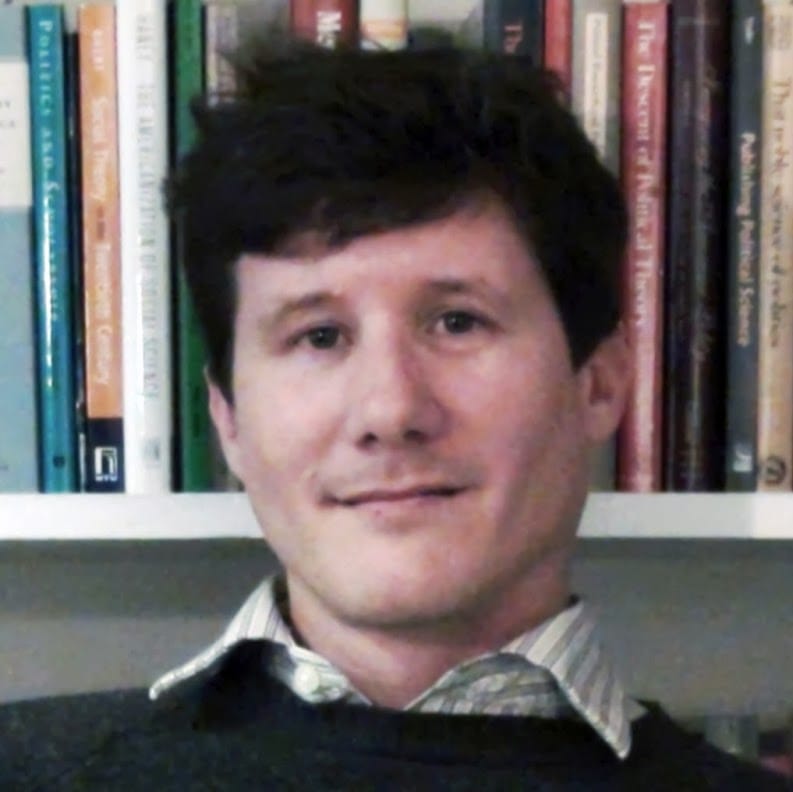It was standing room only in Washington, D.C.’s Ronald Reagan Building on March 22, 2002, when Harvard University Professor Henry Louis Gates Jr. delivered the 2002 Jefferson Lecture, the annual honor conferred by the National Endowment for the Humanities. The Jefferson Lecturer is chosen every year by the National Council for the Humanities to acknowledge individual contributions in the field of humanities, such as those exemplified by Thomas Jefferson himself and continued by Gates.
Joining the ranks of such recent honorees as playwright Arthur Miller and the current president-elect of the AHA, James McPherson, Gates gave his lecture to a crowded house in the visually stunning, yet acoustically challenged atrium of the Ronald Reagan Building.
Despite the weak acoustics, Gates’s lecture was well received. The lecture, titled “Mister Jefferson and the Trials of Phyllis Wheatley,” stressed the role that African Americans have played in the formation of American intellectual and cultural history. The most interesting part was Gates’s focus on Phyllis Wheatley, considered to be the first African American author to be published. Gates argued that Wheatley’s work testified to the contribution made by African Americans to the humanities in America at a time-the late 18th century-when their very intellectual abilities were being questioned. Gates thus called into question Jefferson’s own humanitarianism when he contrasted Wheatley’s late 18th-century poetry with racist criticisms made by Jefferson.
The most moving part of the evening came when Gates paid tribute to his father, Henry Louis Gates Sr., who labored at two jobs to put Gates and his brother through school. “By honoring me,” Gates told his audience, “you honor my father.” The senior Gates then joined his son at the podium for a standing ovation.

